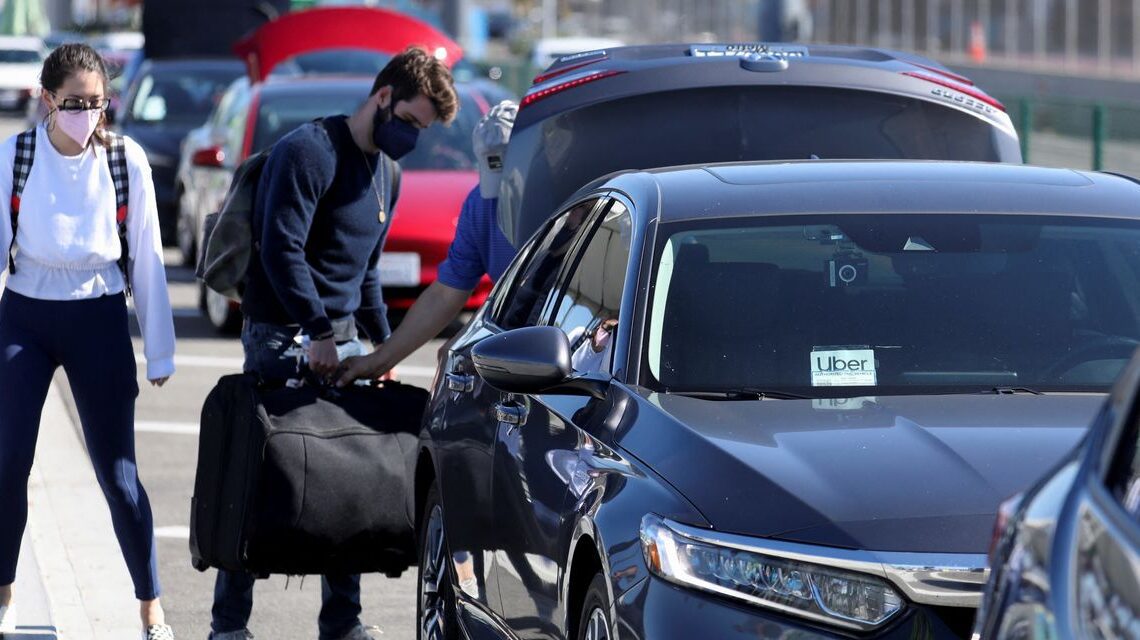Uber Technologies Inc.,
Lyft Inc.
and other companies scored a victory with a California court ruling that preserves their independent-contractor model in the state and could boost their efforts to maintain that model elsewhere.
A state appeals court said that workers should continue to be treated as independent contractors under a California ballot measure known as Proposition 22, though it asked that a clause which put restrictions on collective bargaining by workers be severed from it.
Proposition 22, which passed in November 2020, allowed these companies to continue to treat their labor force as independent contractors. A California court deemed it unconstitutional in 2021. Monday’s order reversed parts of that lower-court ruling.
Uber and others are in a global tug of war with regulators over whether and how to grant more benefits such as paid sick leave and health insurance to workers in the so-called gig economy, where apps distribute individual tasks to a pool of people whom companies generally regard as independent contractors.
California sued Uber and Lyft in 2020, saying they were in violation of a new state law that sought to reclassify their drivers as employees. A legal battle ensued, culminating in Proposition 22, in which Uber, Lyft,
DoorDash Inc.
and Instacart Inc. asked state voters to exempt them from the law. The companies spent a record amount of money for a California ballot measure, about $200 million.
The companies promised workers flexibility alongside some benefits if the ballot measure passed.
In television, print and radio ads at the time, the companies told voters that a reclassification would kill the flexibility that workers enjoy and significantly raise ride-share and delivery prices for consumers.
Click Here to Read the Full Original Article at WSJ.com: World News…

